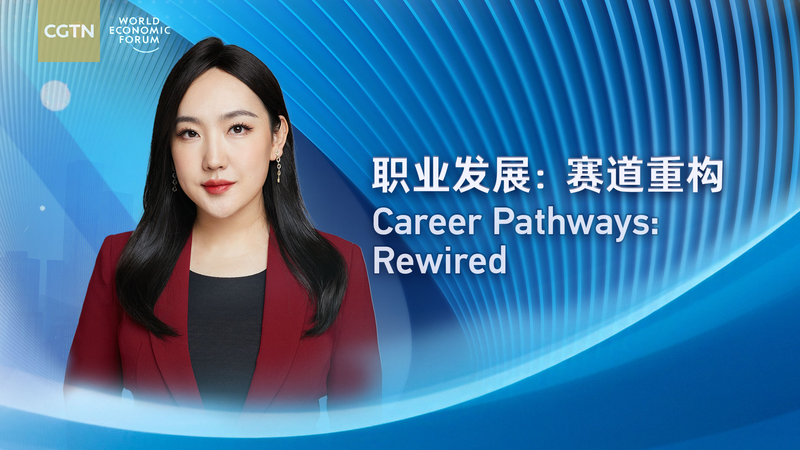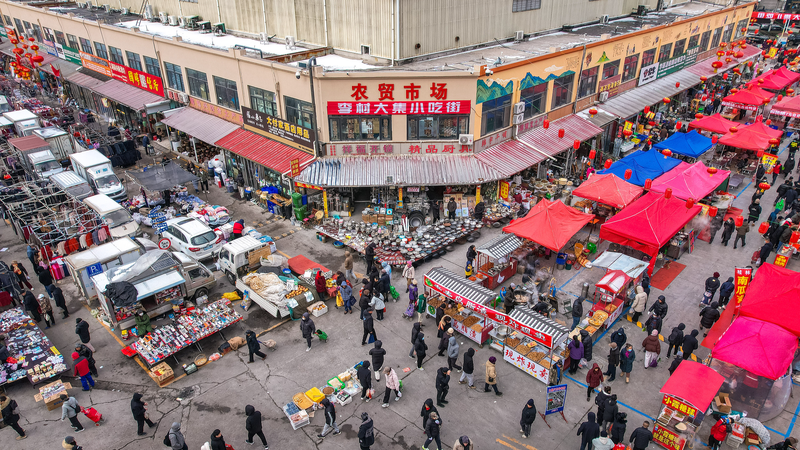At the 2025 Summer Davos Forum, experts gathered for a special session titled “Career Pathways: Rewired” to tackle a question on every young professional’s mind: how can AI-driven disruption of entry-level roles become an opportunity rather than a roadblock?
Agentic AI is transforming traditional job markets at lightning speed, and many early-career positions are being redefined or replaced. Zhang Dandan, professor and deputy dean at the National School of Development at Peking University, kicked off the discussion with a big-picture view of the future. “We’re witnessing a shift from routine tasks to creative problem-solving,” she noted, urging organizations to rethink how they design entry-level roles.
Rahul Attuluri, co-founder and CEO of NxtWave, shared data-driven insights: “Digital skills are no longer optional. From coding to critical thinking, continuous learning will be the ticket to thriving in an AI economy.” Attuluri highlighted successful upskilling programs that helped thousands of graduates land their first tech jobs by focusing on hands-on projects and peer-to-peer learning networks.
Georgina Mondino, head of the Rosario Hub of the Global Shapers Community, brought in the changemaker perspective. She emphasized community-driven solutions, like local AI incubators and mentorship circles. “When young talents connect across borders, they co-create pathways that balance innovation and social impact,” Mondino explained, pointing to initiatives that pair urban startups with rural communities for sustainable development projects.
The panelists agreed on one thing: adaptability is key. They encouraged young global citizens to embrace new tools, seek out cross-disciplinary experiences, and build networks that span cultures and industries. As AI continues to redefine work, these career pathways are being rewired—and the next generation stands to benefit if they stay curious, flexible, and engaged.
Reference(s):
Watch: Summer Davos special session – 'Career Pathways: Rewired'
cgtn.com




